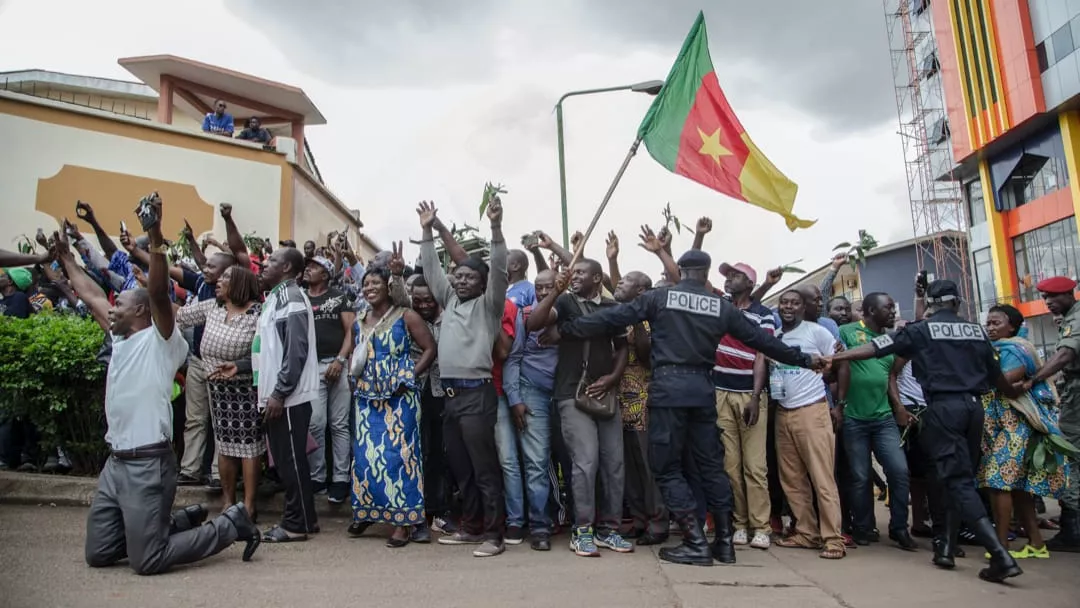
A fresh political storm is brewing within the Cameroon People’s Democratic Movement (CPDM) as over 50 youth members have officially resigned ahead of the upcoming presidential election, citing unmet expectations and disillusionment with the party’s internal dynamics.
This latest wave of defections appears to be the ripple effect of broader dissent among government ministers and members of the ruling coalition.
The resignations are being described as a “contagion phenomenon” by insiders who point to a growing sense of frustration and ideological departure within the ranks of the party.
Among those who have stepped down is Boubakari Moussa, a prominent figure in the OJRDPC sub-section.
In a detailed resignation letter, he expressed disappointment with what he described as a widening gap between his vision of political engagement and the current operational environment within the CPDM.
“Since joining the Cameroon People’s Democratic Movement (CPDM), I have been committed to fully investing myself in the party’s activities and contributing, at my level, to the achievement of our common objectives,” Moussa wrote.
“However, after deep reflection and in light of the reality I have been experiencing for some time, I note that my personal aspirations and my vision of political commitment no longer correspond to the environment in which I currently operate.”
He continued: “I expected to be part of a dynamic, ambitious team resolutely focused on work and results.
I must admit that I am far from these expectations.”
The mass resignations stand in sharp contrast to the recent efforts spearheaded by Ferdinand Ngoh Ngoh, Secretary General of the Presidency of the Republic.
Acting on directives from President Paul Biya, Ngoh Ngoh has been remobilizing party officials and ministers to re-engage with grassroots activists in a bid to consolidate political strength ahead of the election.
While the CPDM maintains a dominant presence in Cameroonian politics, the internal fractures exposed by these resignations signal mounting challenges as the party navigates the lead-up to the presidential vote.
The exodus raises pressing questions about party cohesion and whether leadership efforts to rally support from the base can stem the tide of dissatisfaction.



